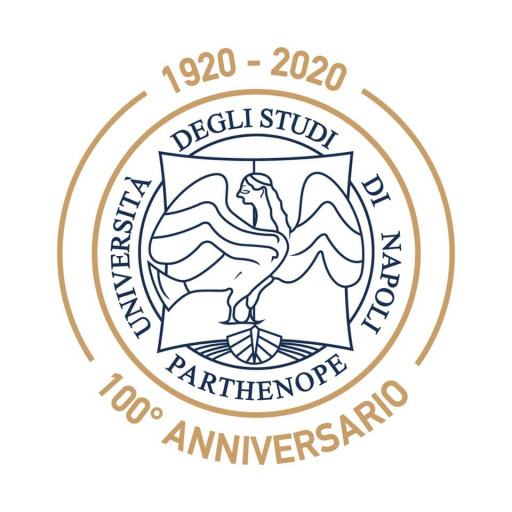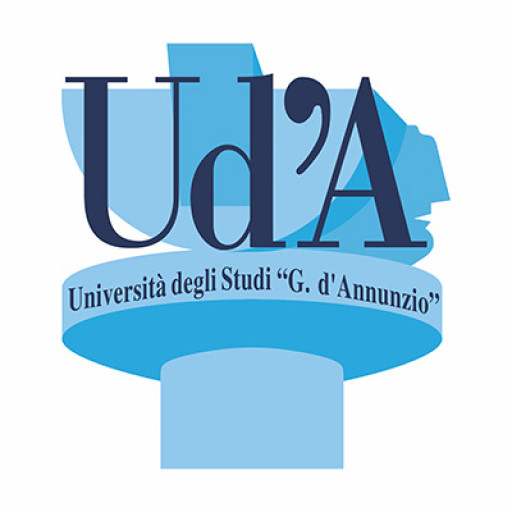Photos of university
Welcome to the International Medical School Programme at the University of Milan
The University of Milan is proud to offer an International Medical School Programme for prospective students. Our programme is designed to provide students with the knowledge and skills necessary to become successful medical professionals. Our curriculum is comprehensive and includes courses in anatomy, physiology, pathology, pharmacology, and clinical medicine.
Our faculty is comprised of experienced and knowledgeable medical professionals who are dedicated to providing students with the best possible education. Our faculty is committed to helping students reach their full potential and to providing them with the tools they need to succeed in their medical careers.
We also offer a variety of extracurricular activities and events to help students develop their skills and knowledge. Our student body is diverse and includes students from all over the world. We strive to create a supportive and welcoming environment for all of our students.
If you are interested in pursuing a career in medicine, we invite you to join us at the University of Milan and take part in our International Medical School Programme. We look forward to helping you reach your goals and become a successful medical professional.
Welcome to the International Medical School Programme at the University of Milan
The International Medical School Programme at the University of Milan is designed to provide students with the knowledge and skills necessary to become successful medical professionals. Our programme offers a comprehensive curriculum that covers all aspects of medical science, from anatomy and physiology to clinical practice and research. Our faculty is comprised of experienced medical professionals who are dedicated to providing students with the best possible education.
The programme is divided into two parts: the first part focuses on the fundamentals of medical science, while the second part focuses on clinical practice and research. During the first part, students will learn about anatomy, physiology, pathology, pharmacology, and medical ethics. They will also gain an understanding of the medical profession and its role in society. In the second part, students will gain hands-on experience in clinical practice and research, as well as the opportunity to participate in clinical trials.
At the University of Milan, we are committed to providing our students with the best possible education. Our faculty is dedicated to helping students reach their full potential and become successful medical professionals. We look forward to welcoming you to the International Medical School Programme at the University of Milan.
Welcome to the International Medical School Programme at the University of Milan
The University of Milan is proud to offer an International Medical School Programme for prospective students. Our programme is designed to provide students with the knowledge and skills necessary to become successful medical professionals. Our curriculum is comprehensive and includes courses in anatomy, physiology, pathology, pharmacology, and clinical medicine.
In order to be accepted into the International Medical School Programme, applicants must meet the following requirements:
- A minimum of a high school diploma or equivalent
- A minimum grade point average of 3.0
- A minimum score of 500 on the Medical College Admission Test (MCAT)
- A minimum score of 80% on the English language proficiency test
- A minimum score of 80% on the Italian language proficiency test
- A minimum score of 80% on the Mathematics proficiency test
- A minimum score of 80% on the Science proficiency test
If you meet the requirements listed above, we invite you to apply to the International Medical School Programme at the University of Milan. We look forward to welcoming you to our school and helping you achieve your goals.
Financing Your Studies at the International Medical School of the University of Milan
At the International Medical School of the University of Milan, we understand that financing your studies can be a challenge. That’s why we offer a variety of options to help you pay for your education.Scholarships and Grants
We offer a range of scholarships and grants to help you finance your studies. These include merit-based scholarships, need-based grants, and grants for students from underrepresented backgrounds.Loans
We also offer a variety of loan options to help you pay for your studies. These include federal loans, private loans, and loans from international organizations.Work-Study Programs
We offer a range of work-study programs to help you finance your studies. These include on-campus jobs, internships, and research opportunities.Financial Aid Counseling
Our financial aid counselors are here to help you understand your options and make the best decisions for your financial future. We offer one-on-one counseling sessions to help you understand your options and make the best decisions for your financial future.At the International Medical School of the University of Milan, we are committed to helping you finance your studies and achieve your educational goals. We look forward to helping you reach your dreams.Welcome to the International Medical School Programme at the University of Milan
At the University of Milan, we are proud to offer our International Medical School Programme, which provides students with the opportunity to gain a world-class medical education in a vibrant and diverse environment. Our programme offers a range of benefits to prospective students, including:
- Access to world-class medical education and research opportunities
- A diverse and international student body
- A wide range of clinical and research placements
- Access to state-of-the-art facilities and equipment
- Opportunities to gain experience in a variety of medical specialties
- A supportive and collaborative learning environment
At the University of Milan, we are committed to providing our students with the best possible medical education and training. Our International Medical School Programme is designed to give students the skills and knowledge they need to become successful medical professionals. We look forward to welcoming you to our programme and helping you to achieve your goals.










